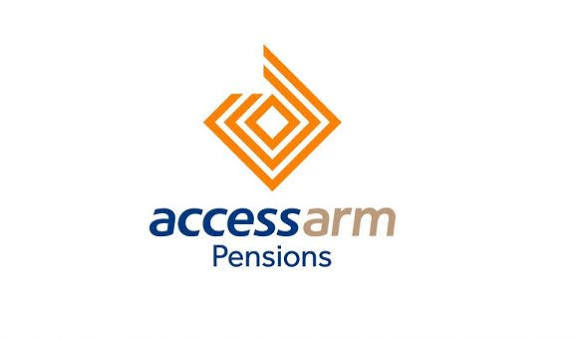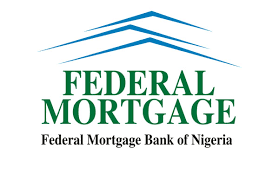The Director-General of Gombe State Geographic Information Systems, Dr Kabiru Hassan, has announced that the GOGIS service centre has generated more than N1.8 billion in revenue over the last two years.
The News Agency of Nigeria reported that the Director General made this statement during the inauguration of the GOGIS service centre on Saturday in Gombe.
According to the report, the centre was inaugurated by the Governor of Kaduna State, Nasir El-Rufai.
Speaking about the reason for the centre, Hassan said the centre was conceived in 2013 to address the various challenges affecting land administration in Gombe State.
In the words of Hassan, “GOGIS through delivery of its services, has been able to generate about N1.8 billion, contributing greatly to the Internally Generated Revenue of the state.
Hassan stated that the centre’s services have been instrumental in generating significant revenue for the state, issuing digital Certificates of Occupancy, and digitizing over 22,000 manual land files out of the 27,000 on record.
He said, “Other notable achievements include securing digital Certificates of Occupancy, digitising over 22,000 manual land files out of the 27,000 on our record.”
The centre has also regularized customary titles to statutory titles, digitized layouts, and captured customary plots into its database through an electronically driven process aimed at tackling issues such as missing files, double allocation, and the creation of infilled plots.
“We have been able to checkmate layout distortions, digitised 52 and regularised 12,000 customary titles to statutory titles.
“We have captured 1,500 customary plots into our database through an electronically driven process aimed at tackling cases of missing files, double allocation, and creation of infilled plots,” Hassan added.
Hassan expressed his appreciation to the Governor of Gombe, Inuwa Yahaya’s administration for digitizing the centre using geographic information system technology, which has made land administration in Gombe State more efficient and transparent while addressing the system’s inherent challenges.









